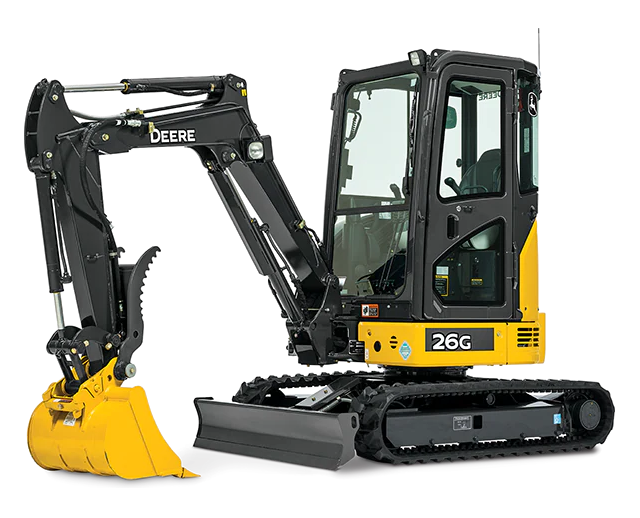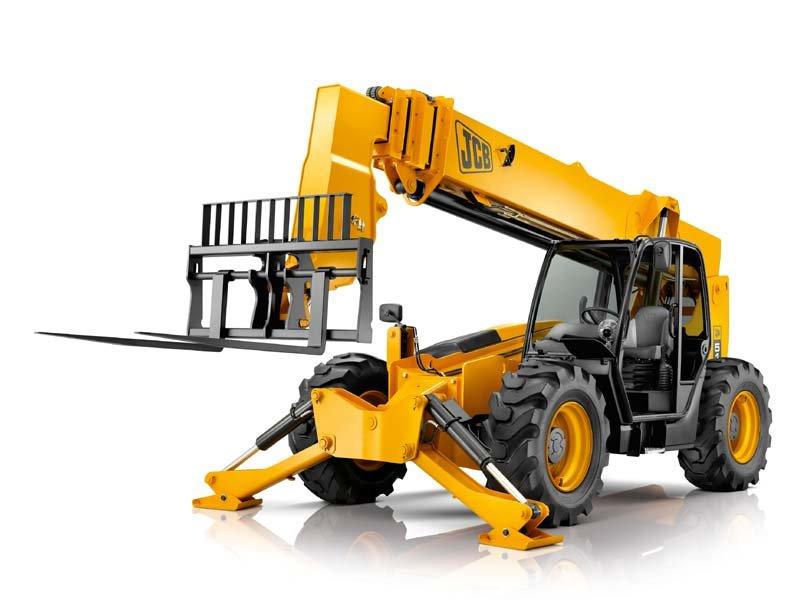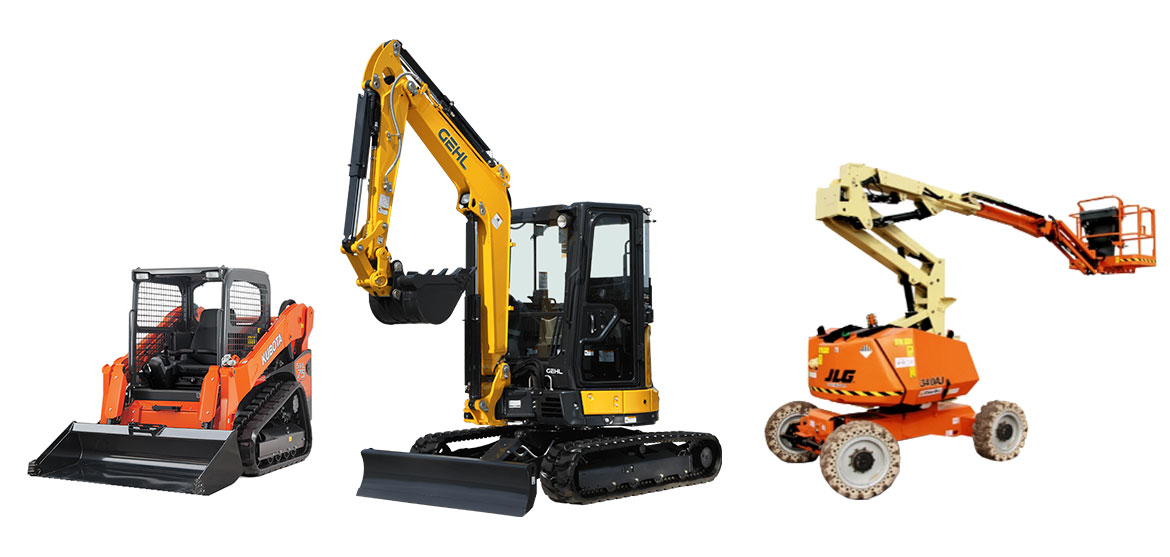Maximize Your Spending Plan by Comprehending the Costs Related To Construction Equipment Services
Understanding the full scope of prices linked with building devices leasings is critical for optimizing your budget. While the initial rental cost may seem simple, various added expenditures-- such as transportation, fuel surcharges, and maintenance-- can quickly gather, impacting your financial preparation. Being aware of different charges and the ins and outs of rental contracts can assist stay clear of unexpected financial burdens. What approaches can be utilized to efficiently manage these costs and make sure a much more reliable rental experience?
Review of Rental Prices
When taking into consideration construction devices services, comprehending the linked expenses is paramount for efficient budgeting and project planning. Rental prices can vary substantially based upon a number of variables, including equipment kind, period of leasing, and area. The preliminary rental cost typically reflects the equipment's market need and its connected operational abilities, influencing the overall cost.
Along with the base rental rate, secondary costs may emerge, such as transport fees, fuel surcharges, and upkeep charges. It is essential to represent these extra expenditures to precisely evaluate the overall price of renting equipment. The rental duration can impact rates; longer rentals might qualify for affordable prices, while short-term leasings could incur higher day-to-day charges.

Breakdown of Rental Rates
A comprehensive understanding of rental prices is vital for professionals and job supervisors aiming to optimize their budgets. Rental prices for construction equipment typically contain several parts, including base rates, time-based costs, and use fees.
Base rates are the core costs associated with the leasing of the equipment, frequently established by the kind and size of the machinery. These rates can differ dramatically, affected by variables such as tools demand, accessibility, and local market trends. Time-based costs, which might be daily, weekly, or monthly, serve to fit different job timelines and rental durations.
Furthermore, rental prices might consist of usage charges, which apply when devices is made use of past a specified limit, ensuring that the rental business can represent wear and tear. Seasonal need variations can additionally impact rental rates, with peak building and construction seasons generally commanding greater prices.
Furthermore, comprehending the rental firm's policies regarding upkeep and insurance policy can offer further understanding into the total expense framework. By examining these elements, professionals can make informed choices, guaranteeing the choice of rental devices aligns with both task requirements and spending plan restraints.
Additional Fees to Think About
Understanding the complexities of additional costs is vital for contractors to handle their general leasing expenses properly. Past the conventional rental rates, various supplemental fees can significantly impact the complete cost of tools rental. These fees usually include distribution and pick-up charges, which can vary based upon distance and logistics entailed in transferring the equipment to and from the work website.
Additionally, some rental business may impose fuel additional charges if the devices is returned with less gas than when rented out. It is additionally crucial to recognize possible cleaning costs, specifically for customized tools that needs detailed upkeep after usage.

Thoroughly reviewing the rental agreement and making clear these additional charges in advance can assist service providers make sure and prevent unanticipated expenses that budgets continue to be undamaged throughout the project lifecycle.
Upkeep and Repair Service Expenses
Normal repair and maintenance visite site costs are usually ignored variables that can dramatically affect the overall expense of building and construction tools services. When renting equipment, it is critical to think about not only the rental charges but also the prospective prices connected with keeping the equipment in optimum operating condition.
Lots of rental firms include basic upkeep as part of the rental arrangement; nonetheless, much more considerable repairs or unforeseen breakdowns can lead to additional costs. It's necessary to assess the rental contract meticulously to recognize what upkeep solutions are covered and what duties fall on the renter.
In addition, tools that is not well-kept can result in ineffectiveness on the work site, possibly triggering delays and enhancing job costs. To mitigate these dangers, it is suggested to carry out regular inspections and preserve open interaction with the rental service provider pertaining to any type of problems that emerge throughout usage.
Insurance and Liability Prices
Insurance coverage and responsibility costs are critical parts that can considerably influence the total expenditure of building and construction equipment rentals (dozer rental). These expenses ensure that both the rental company and the customer are protected from potential economic losses occurring from accidents, damages, or burglary during the rental period

Additionally, clients ought to know any deductibles or exemptions in the insurance plan, as these can impact potential out-of-pocket expenses. Recognizing the conditions of any type of insurance policy protection is essential to avoid unforeseen prices. Inevitably, budgeting for insurance coverage and obligation expenses can aid my review here make certain a smoother rental experience and safeguard against financial dangers linked with building jobs.
Final Thought
In verdict, a comprehensive understanding of the prices connected with building devices services is important for effective spending plan administration. By analyzing rental rates, added fees, maintenance expenses, and insurance policy requirements, people and companies can minimize unexpected expenses. This calculated technique not only boosts cost-effectiveness however also makes certain that jobs progress smoothly and successfully. Inevitably, informed decision-making pertaining to devices services adds to the total success of construction undertakings.
Rental costs can differ dramatically based on numerous aspects, including tools kind, duration of rental, and place (mini excavator rental). The rental period can influence rates; longer services may certify for affordable rates, while temporary leasings could incur higher everyday charges
By performing extensive research study and involving with trustworthy rental firms, service providers can efficiently navigate the complexities of rental prices, eventually optimizing their economic sources.
Beyond the typical rental rates, various additional charges can significantly impact the complete price of equipment leasing. Rental firms frequently supply liability insurance that covers injuries to 3rd parties or damages to residential property, while tools damage insurance can cover the price of repair services or substitute if the rented out equipment is damaged.